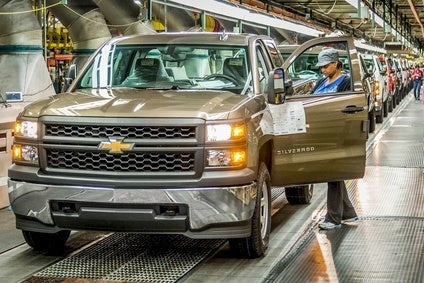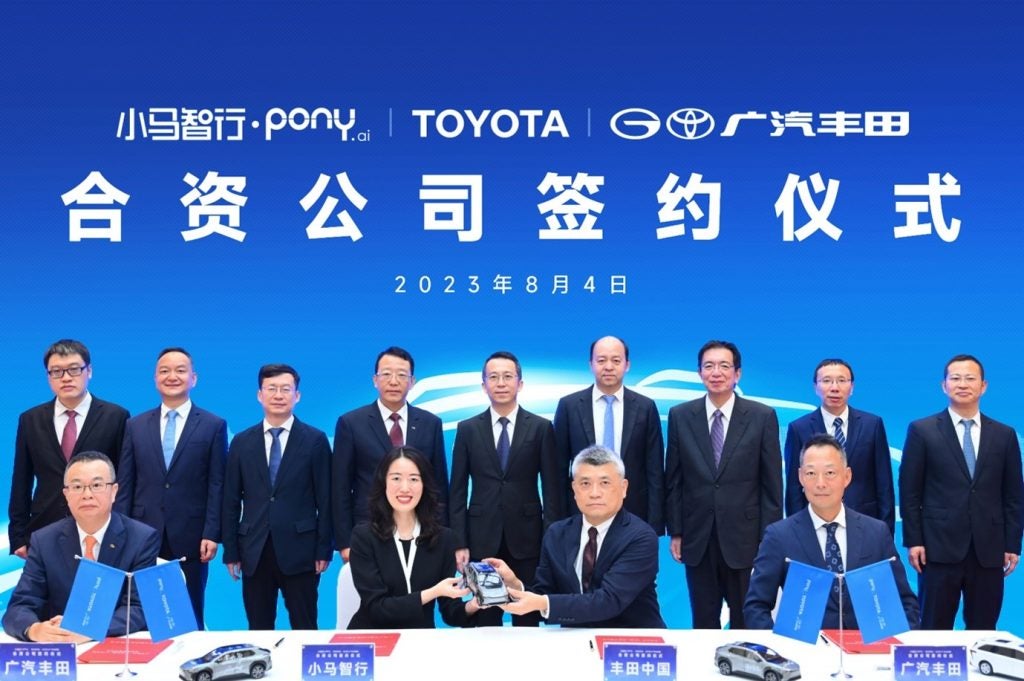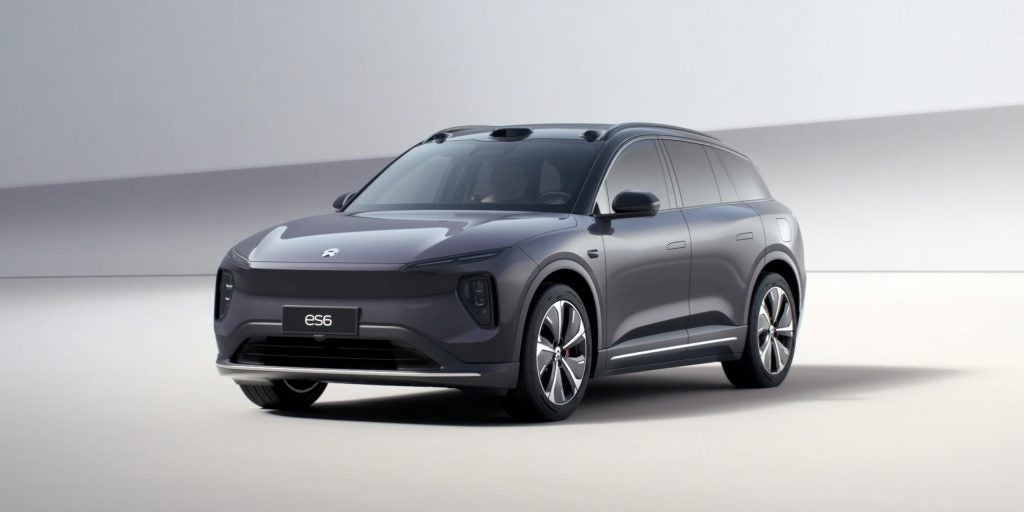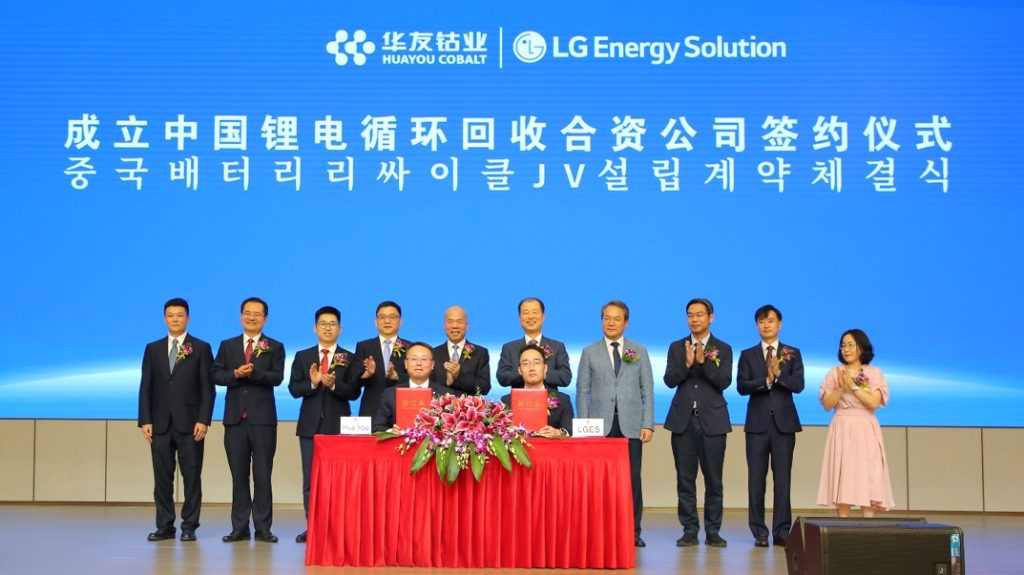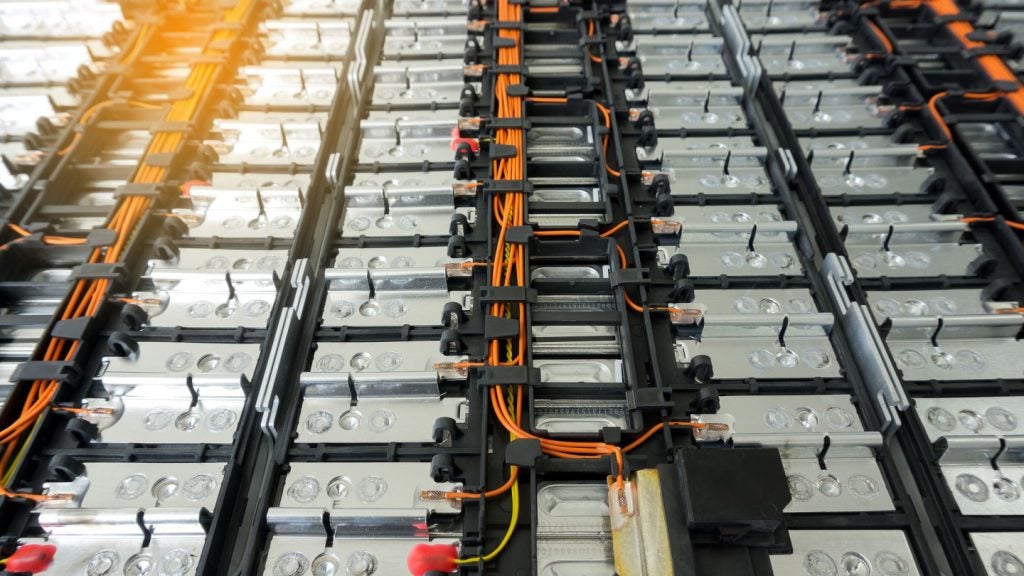Leaked Nissan production documents appear to show that the Nissan Titan, which is manufactured in the US, will be scrapped at the end of this model year.
The Japanese automaker has since confirmed the news, according to statement shared to media outlets.
The end of the Titan reflects the difficulty in breaking into the full-size pickup market.
Nissan will be refocusing its efforts to electrification and clarified that there would be no workforce reduction as a result of its decision.
In the statement, it said: “Production of the Nissan Titan is scheduled to end summer 2024 at our Canton plant in Mississippi.
“Under Nissan’s Ambition 2030 vision of an electrified future, we are accelerating the process of transforming the Canton plant with the latest in EV manufacturing technology. This will support production of two all-new, all-electric vehicles.”
Once touted as a challenge to the Ford F-150 and the Ram 1500, the Titan was pulled from the Canadian market after the 2021 model year. In 2005, it did not exceed sales of 25,000 and in 2022, sales declined to just over 15,000 units.
It is reported that Nissan’s US pickup range will comprise of just the mid-size Frontier.




